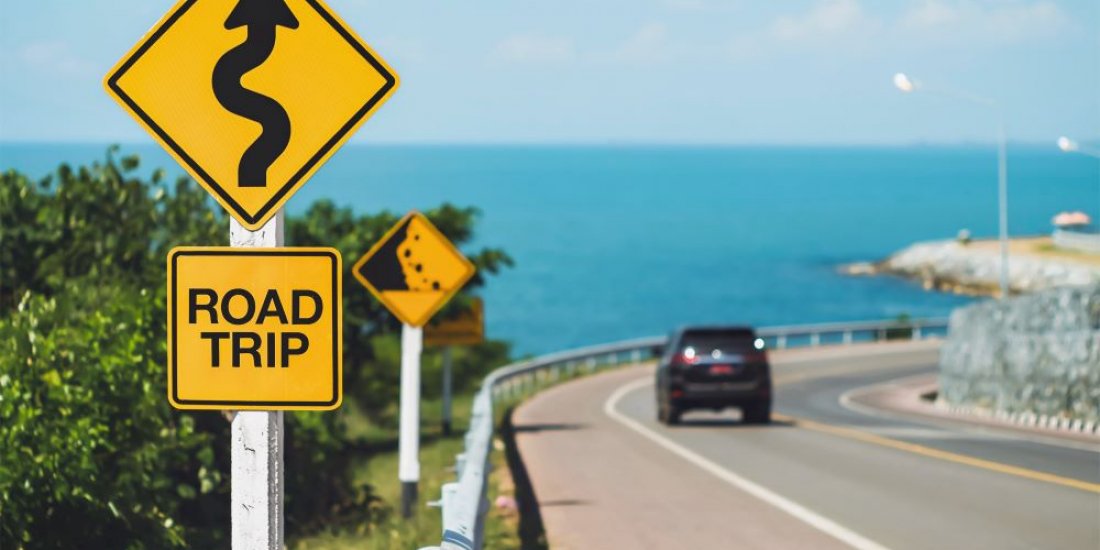4 Tips And Advice For Planning Your Next Road Trip

Whether solo or with your friends and family, a road trip is an exciting adventure that requires planning. Neglecting to put some thought into the trip may result in an experience you may not quite have in mind. Consider researching certain factors that go into travelling on the road so that you can organise accordingly. With that said, here are four tips and advice for planning your next road trip:
1. Form A Budget
Your road trip is going to require you to finance various travel aspects, which include;
- Connectivity
Whether travelling alone or with a group, you will have to be reachable while on the road. If you face car troubles, you will need to reach out to people. If you fall ill, you may need to search for the nearest clinic or hospital. You may also wish to stay in touch with people by sending travel updates and sharing photos or videos on various social media platforms.
And so, you need to research and budget for internet services that you can purchase for the trip. You can visit outthereinternet.com.au for reliable internet connectivity, so you don't worry about staying connected with people while you're on the road.
- Fuel
Your car will need fuel to run smoothly on the road trip. Depending on the distance you're planning to travel, you can calculate how many full tanks you'll need to and fro. If you're travelling as a group, perhaps you can agree that each person will contribute equal amounts for the gas, seeing that they benefit from it.
- Food
You wouldn't want to go hungry while you're on your trip. Consider coming up with a travel meal plan and budget. You can purchase ready-made food and place it in your cooler for the journey, or you may decide to buy food on the go. Perhaps you will stay in a self-service accommodation; you will have to buy food to cook when you reach your destination. Regardless of how you plan your meals, you need to budget accordingly.
- Accommodation
Accommodation is one of the biggest aspects that form a travel budget. Your budget for lodging depends on the type of places you will be staying in as you're on the road. You may decide to take routes that allow you to pitch your tent gear, stop by motels and hotels, or rent an Airbnb as a group. Regardless of the accommodation setup, you need to research the costs to be involved and budget accordingly.
2. Prepare Your Car
Before hitting the road, you need to prepare your car. It means any aspect that requires maintenance needs to be attended to. For example, check your lights, brakes, mirrors, water levels, wipes, and tyre grip. If you think that all is well with your car, consider taking it to the mechanic just for a general check, particularly if you don't know anything about cars.
When it comes to preparing your car, it may help to do your research on the terrain you will take on your trip. Your wheel alignment and tyre grip are essential if travelling on rough terrain. Having researched the path to take, you may discover that your kind of car isn't built for that, meaning you have to change your route.
3. Consider Taking A Scenic Route

The point of a road trip is to enjoy the experience from the minute you leave your home to when you get back. A scenic route can help you enjoy the natural pleasures that different geographical areas offer. You can stop along the road to take in the views while enjoying a roadside picnic. Or maybe engage with nature like basking on a beach or taking a mini-hike up a mountain. So, ensure to plan your route for spectacular sceneries or fun activities to make the most of your trip.
4. Organise Home Dynamics
Going on a road trip doesn't mean that specific dynamics at home come to a halt. Organising home dynamics means putting strategies into place for aspects that still require your attention while you're away. For example, if you have small children or pets staying behind, consider finding a reliable babysitter for the days that you're away. Alternatively, you can organise with trusted friends or family for them to welcome your children or pets into their homes and care for them while you're away. Depending on your living dynamics, you can plan accordingly to ensure that all is in place for sound travel.
Conclusion
Planning for a road trip has to be intentional. Your road trip plans have to fall within the budget you set so that you don't run out of funds during the trip. Your car must also be in quality condition for a road trip; consider taking in every moment by driving along scenic terrain. Moreover, consider organising your home while you're away ahead of time so that you don't forget vital aspects and begin worrying about them while you're on your trip.

Editorial Team

